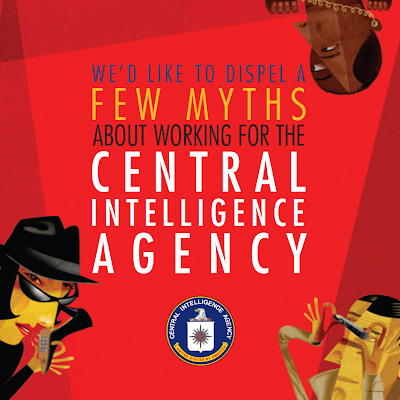infoworld.com has identified seven types of hackers. Five of them (in bold)
will also use standard electronic surveillance techniques to achieve their goals.
Why? Because that information is fresher, it is available long before it becomes computer data... and some of it will never become computer data.
If you are only watching your computer networks, you are a day late and a dollar short. Traditional bugs and wiretaps remain spy staples. Two more overlooked attack points include Wi-Fi security (and compliance) and Internet telephony (VoIP).
Malicious hacker No. 1: Cyber criminals
Professional criminals comprise the biggest group of malicious hackers, using malware and exploits to steal money. It doesn't matter how they do it... (Eavesdropping is just another profit center.)
Malicious hacker No. 2: Spammers and adware spreaders
Purveyors of spam and adware make their money through illegal advertising.
Malicious hacker No. 3: Advanced persistent threat (APT) agents
Intruders engaging in APT-style attacks represent well-organized, well-funded groups -- often located in a "safe harbor" country -- and they're out to steal a company's intellectual property. They aren't out for quick financial gain like cyber criminals; they're in it for the long haul. Their dream assignment is to essentially duplicate their victim's best ideas and products in their own homeland, or to sell the information they've purloined to the highest bidder.
Malicious hacker No. 4: Corporate spies
Corporate spying is not new; it's just significantly easier to do, thanks to today's pervasive Internet connectivity. Corporate spies are usually interested in a particular piece of intellectual property or competitive information. They differ from APT agents in that they don't have to be located in a safe-harbor country. Corporate espionage groups aren't usually as organized as APT groups, and they are more focused on short- to midterm financial gains.
Malicious hacker No. 5: Hacktivists
Lots of hackers are motivated by political, religious, environmental, or other personal beliefs. They are usually content with embarrassing their opponents or defacing their websites, although they can slip into corporate-espionage mode if it means they can weaken the opponent.
Malicious hacker No. 6: Cyber warriors
Cyber warfare is a city-state against city-state exploitation with an endgame objective of disabling an opponent's military capability. Participants may operate as APT or corporate spies at times...
Malicious hacker No. 7: Rogue hackers
There are hundreds of thousands of hackers who simply want to prove their skills, brag to friends, and are thrilled to engage in unauthorized activities.













